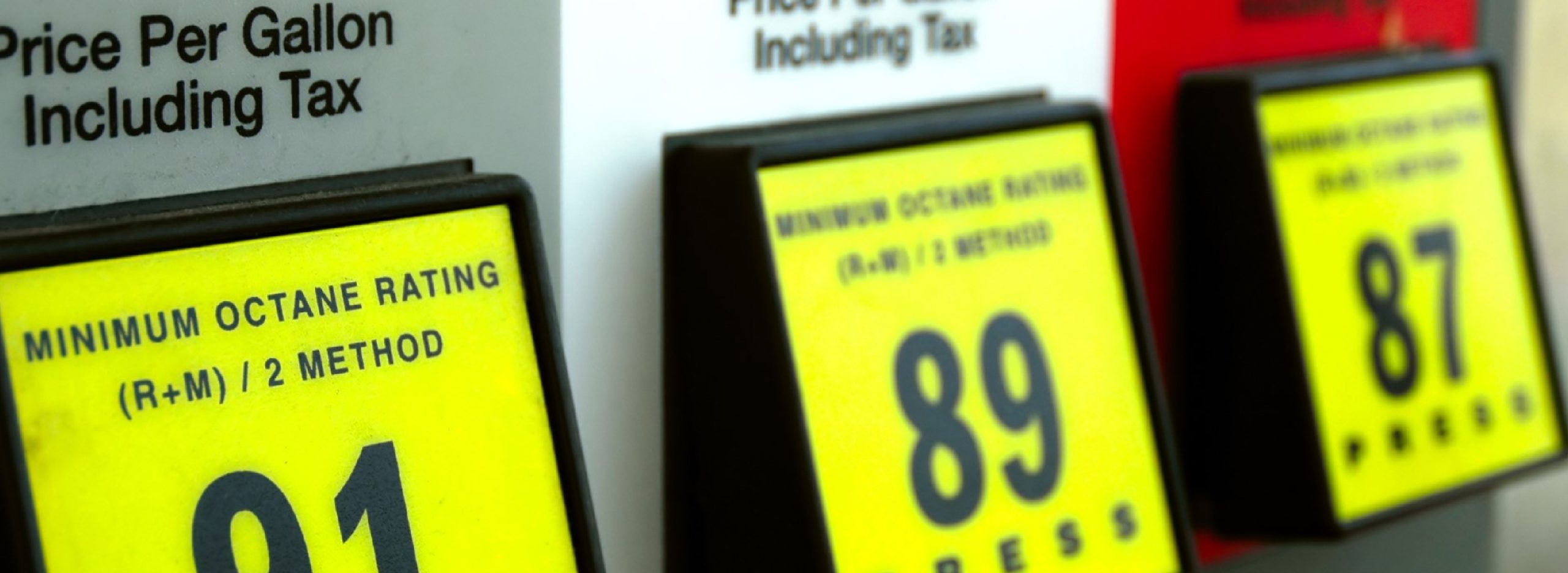The ongoing crisis between Russia and Ukraine means that oil supply disruptions are likely and the energy market may soon experience market instability. This means higher gas prices for the US, at least for the time being.
As Russian President Vladimir Putin continued his attack on Ukraine this week, gasoline prices have already increased.
Last Friday, the average gas price rose to $2.57 a gallon. This means that gas prices have risen by approximately one cent per gallon every day over the last week, according to reports by the AAA motor club. The national average is currently about a dollar higher than it was a year ago.
According to some experts, the price per gallon could rise as high as $4 by early spring. In California and Hawaii, prices could rise to $5/gallon. Oil prices may approach $125 a barrel, according to Goldman Sachs.
Here’s why.
Russia is the second-largest oil-producing country globally, and the U.S. gets about 3% of its oil from Russia.
Allies around the world have begun imposing economic sanctions on Russia. On Monday, several countries announced increased sanctions on the country.
Why are gas prices going up?
Experts fear the conflict between Russia and Ukraine could disrupt oil supplies in the region, which would lead to a bump in gas prices.
The U.S. and other allies have already imposed sanctions on Russia’s military, shipping, and space program. Some of the most extensive sanctions target Russia’s banks. The hope is that this will negatively impact Russia’s economy and make it harder to do business.
So far, the stock market in Russia has tanked by 1/3 in just one day. As a result, Russia has done several things, like stockpiling gold and aligning with China to shield the country from these sanctions.
However, Russia’s most significant shield to this sanction is its energy sector. Russia is the second-largest producer of oil. They export $400 million worth of oil each day. However, there have been no sanctions imposed on Russia’s oil because of the global dependence on Russia’s production.
Some reports believe that even without oil sanctions, inflation could rise in the country, ultimately affecting their economic stability while utilizing their oil.
What this means to you?
Chevron’s CEO, Michael Wirth, explains that before the Russia-Ukraine crisis, we were experiencing a strong but not complete economic recovery since COVID. We already were coming out of a period where demand had collapsed and there were concerns of where to store supply. In 2020, supply had to be contracted to recognize the decreased demand. Now, as we all know, supply is struggling to keep up, and we are seeing that reflected in our prices. We are also know experiencing geopolitical concerns with the Russia-Ukraine invasion – creating jitters in many commodity markets and causing gas prices, oil prices, and inflation to increase. To watch his full interview, click here.
Greg’s Petroleum Service continues to work hard to control costs and deliver quality products and valuable service at competitive prices. Unfortunately, we must advise all customers and our community that the industry will be experiencing price increases due to the Russia-Ukraine conflict.
We regret having to pass this increase on to you. As a valued customer, please know we will only increase prices due to the direct supplier increases we receive. If you are not using our cardlock fueling program, please reach out to Aryana Trams at aryana@gregspetro.com or 661-446-2286. With our program your cost on the road will follow the fuel commodity cost without being subject to retail markups.
We greatly appreciate your continued business and partnership. For questions on how Russia’s Ukraine invasion could affect your prices, please contact your Greg’s Petroleum Service sales rep today.
